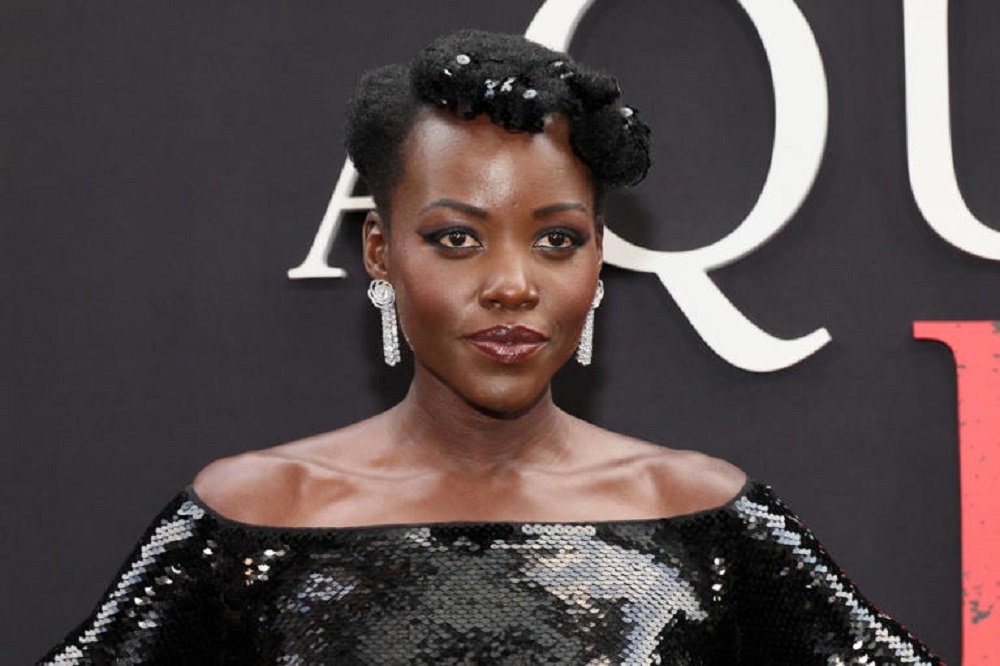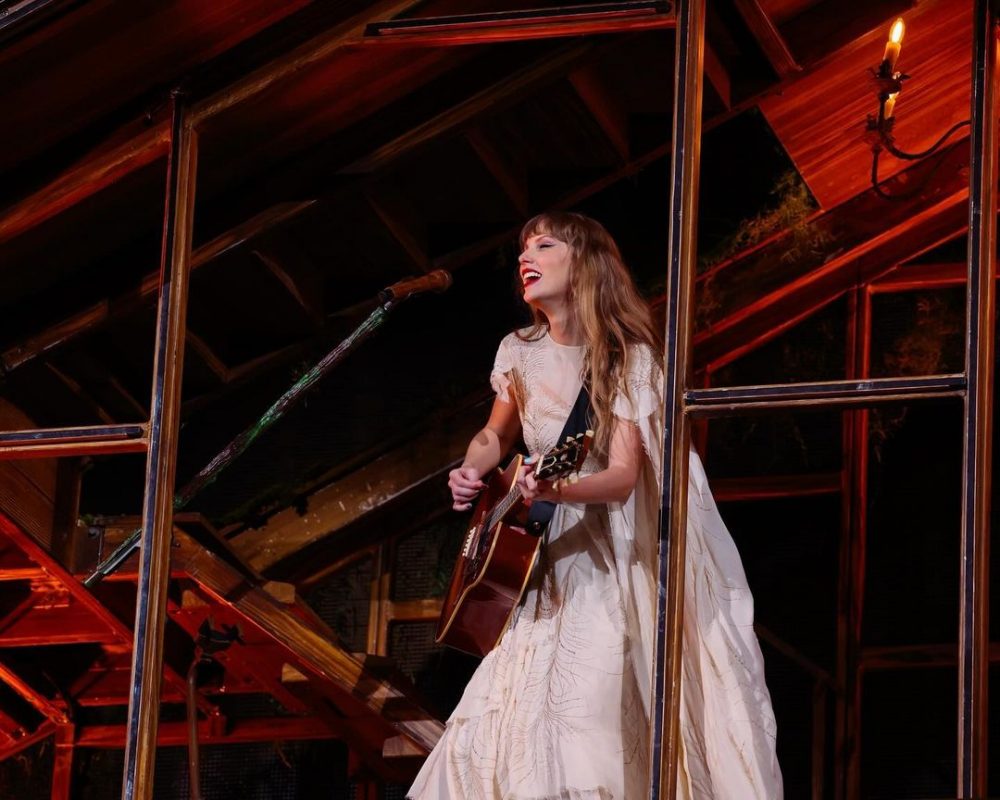When one thinks of the American cowboy, images of rugged men on horseback herding cattle across the vast open prairies of the Wild West often come to mind. However, history overlooks a significant and often forgotten group within this iconic American narrative – the African-American cowboys.
These unsung heroes played an integral role in shaping the cattle industry and the mythos of the Wild West, facing unique challenges and contributing to a rich cultural legacy that deserves greater recognition.
The Early Years
Long before the iconic image of the cowboy became entrenched in popular culture, African Americans were already participating in ranching and herding activities.
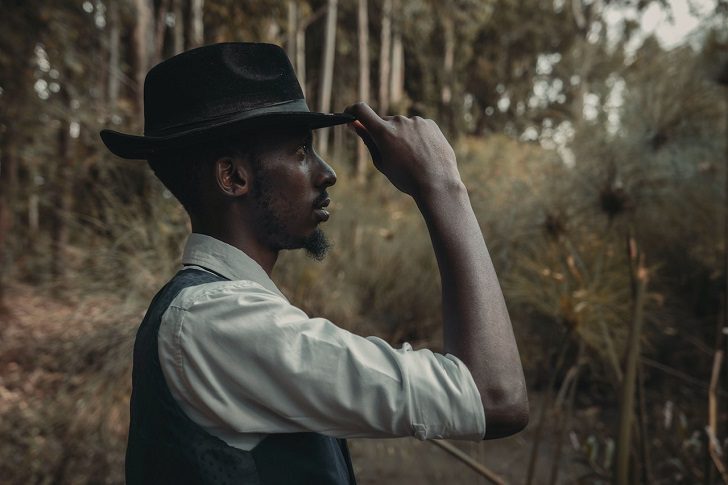
Nicholas Githiri/ Pexels | In the grand tapestry of American history, Black cowboys occupy a distinctive and irreplaceable thread.
During the Spanish colonial era, enslaved Africans and their descendants were often skilled in working with livestock due to their expertise in agricultural practices from their native countries. In the Southwest, particularly in areas that would later become Texas and New Mexico, these skills were adapted to the ranching lifestyle that would become synonymous with the cowboy archetype.
The Cattle Drives
The late 19th century saw the expansion of cattle ranching across the United States, with massive cattle drives becoming necessary to transport livestock from remote ranches to railheads for shipping to markets in the East. African-American cowboys played an indispensable role in these drives, taking on responsibilities such as wrangling cattle, cooking, and maintaining the equipment.
African-American cowboys faced discrimination on and off the trail despite their pivotal contributions. Segregation was prevalent, with many cowboys being limited to roles that kept them separate from their white counterparts. Yet, their competence and skills could not be ignored, as they demonstrated their ability to handle the challenges of the open range with proficiency and determination.
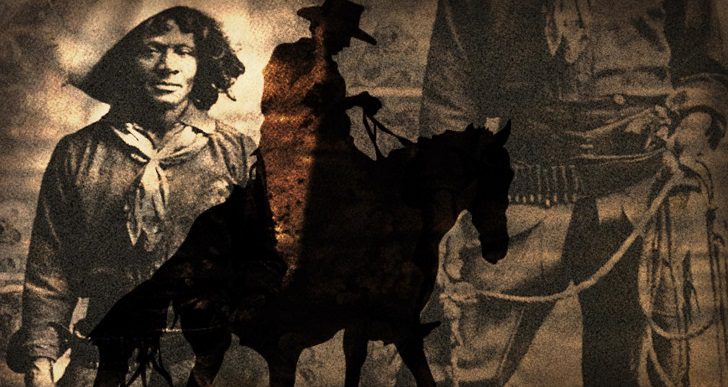
BETTMANN/ CONTRIBUTOR/ GETTY IMAGES/ HOWSTUFFWORKS | It's estimated that anywhere from 5,000 to 8,000 Black cowboys were part of the legendary cattle drives of the 1800s
Famous African-American Cowboys
While the stories of many African-American cowboys have been lost to time, a few have emerged from the shadows and become celebrated figures in Western lore. One such individual was Nat Love, also known as "Deadwood Dick." Love's autobiography, "Life and Adventures of Nat Love," chronicles his life as a cowboy, trail driver, and rodeo performer.
His exploits and adventures serve as a testament to the courage and resilience of African-American cowboys during a time when their contributions were often ignored. Another prominent figure was Bose Ikard, a former slave turned cowboy who rode alongside Charles Goodnight, a legendary cattleman and rancher.
Ikard's relationship with Goodnight was a unique partnership built on mutual respect and trust. Goodnight acknowledged Ikard as one of the most reliable and skilled cowboys, and upon Ikard's death, Goodnight commissioned a headstone in his honor, marking their deep bond.
Legacy and Influence
The legacy of African-American cowboys extends beyond their contributions to ranching and cattle drives. They also shaped rodeo culture, with several participating in rodeo events as skilled riders, ropers, and performers. This participation helped pave the way for future generations of African-American rodeo athletes who would significantly contribute to the sport.
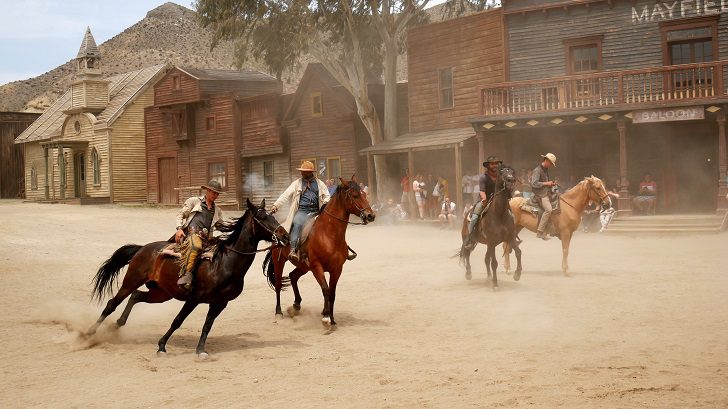
Isaac Berrocal Bravo/ Pexels | While Black cowboys were once a dominant force in the industry, their presence diminished over time
In recent years, efforts have been made to shed light on the overlooked history of African-American cowboys. Cultural organizations, museums, and historians have worked to unearth stories and artifacts that showcase these cowboys' vital role in American history. By preserving their legacy, we gain a more comprehensive understanding of the multifaceted narratives that make up the American West.
Challenges and Resilience
The life of an African-American cowboy was fraught with challenges. Not only did they grapple with the harsh realities of life on the range, but they also had to contend with prejudice and discrimination.
These cowboys often faced hostility from their white counterparts, who sometimes felt threatened by their competence and work ethic. Despite these obstacles, African-American cowboys persevered, driven by a passion for the lifestyle and a determination to prove their worth.

